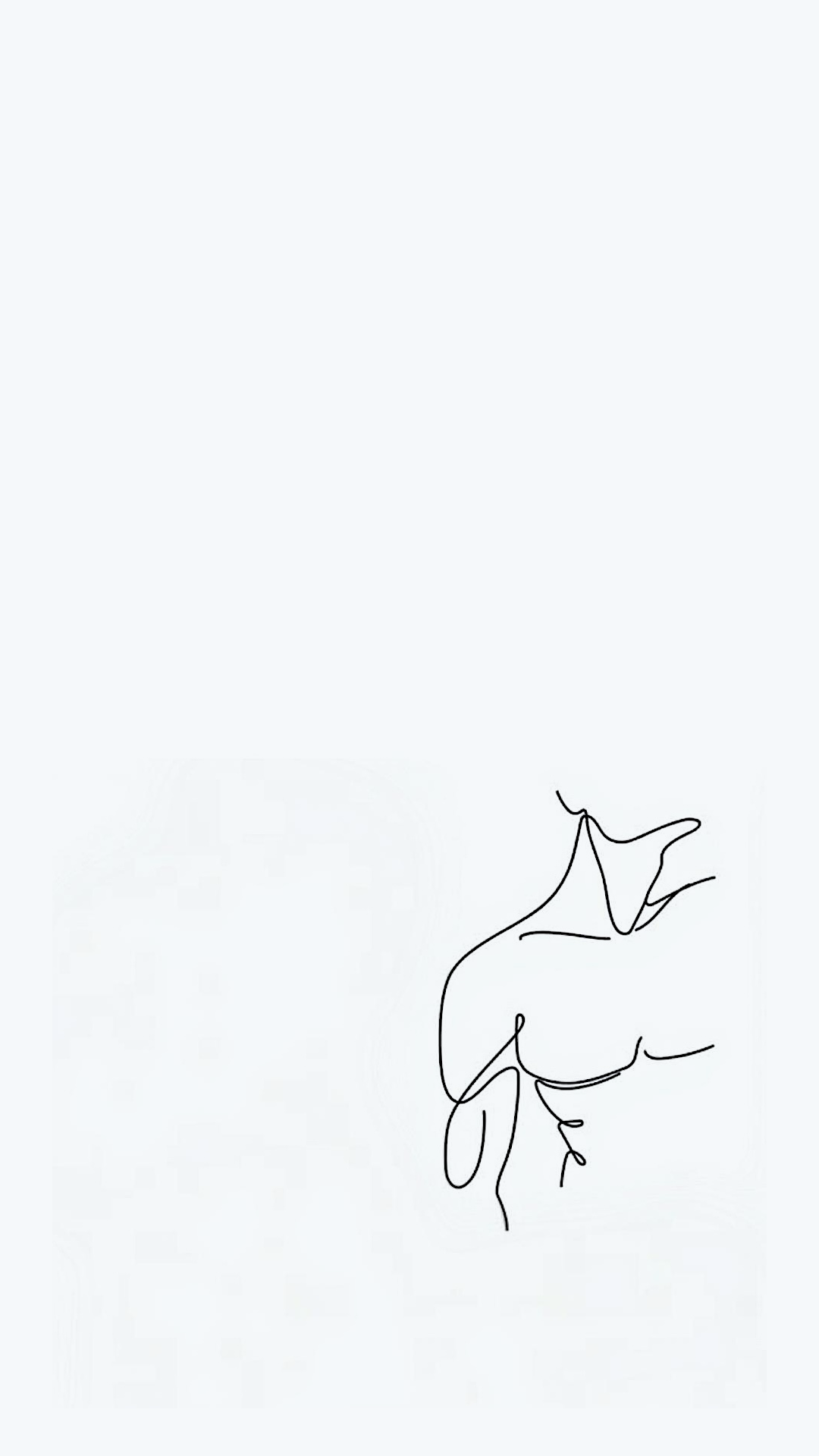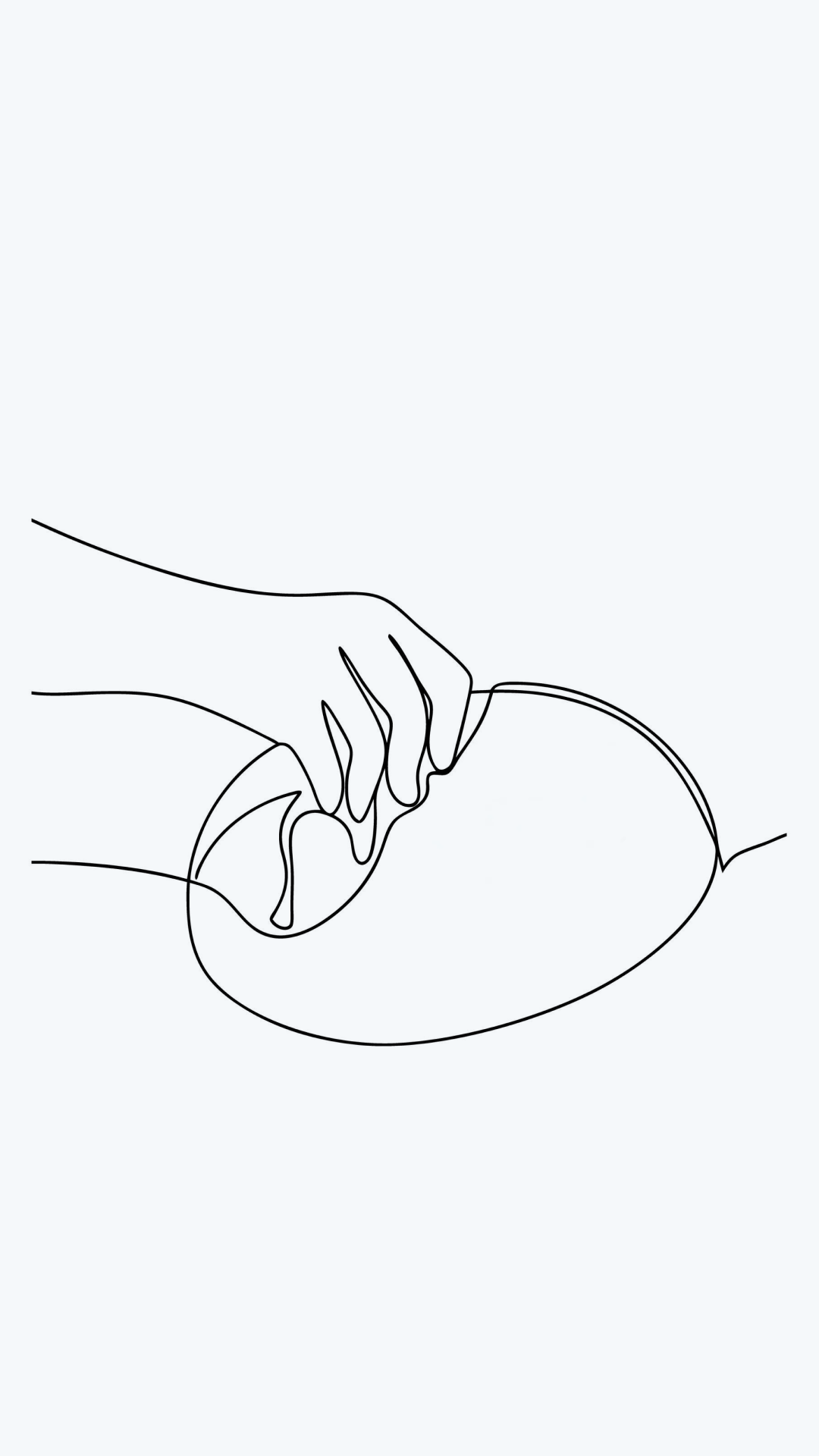Cupping & Gua Sha
BODY CUPPING
Body Cupping applies controlled negative pressure to the skin and underlying fascia, creating a graded decompression that improves regional blood flow, promotes lymphatic return, and lowers myofascial tone allowing for a fuller range of motion.
Studies show that cupping raises local blood flow and oxygen delivery while encouraging a parasympathetic “rest-and-repair” response and lowering inflammatory signals.
A standard 60 min session begins with stationary cups to mobilise deep fascia, followed by dynamic gliding techniques that further enhance circulation and free restricted tissue layers.
Medical grade silicone and medical-grade glass cups are used across a treatment.
Outcome Goals
Reduction of myofascial pain and movement-related stiffness
Enhanced regional circulation and accelerated post-exercise recovery
Diminished local oedema through improved lymphatic drainage
Calmer autonomic tone, reflected in lower perceived stress
Clinical Focus Areas
Chronic or acute myofascial pain syndromes (neck, shoulders, back, limbs)
Post-workout muscle ache and performance-recovery protocols
Shoulder and back tightness limiting mobility
Sub-acute soft-tissue adhesions and scar-release protocols
Reduced limb blood flow and mild lymphatic congestion
BODY GUA SHA
Body Gua Sha employs unidirectional, instrument-assisted stroking to produce controlled petechial effusion (sha) within the superficial capillaries. The method triggers increased blood flow in the treated area, activates natural antioxidant enzymes, and it has been shown in randomised studies to deliver fast pain relief by dampening pain signals within the spine and brain.
A typical 60 min session targets paraspinal (muscles alongside spinal column), shoulder blade, or limb musculature with medical-grade copper Gua Sha, using calibrated pressure and stroke frequency to match tissue density.
Mild erythema resolves within 48–72 hours as restorative blood flow normalises.
Medical-grade copper Gua Sha is used for its antimicrobial, thermal and anti-inflammatory properties and potential for collagen stimulation.
Outcome Goals
Rapid relief of muscle-tendon pain and stiffness.
Restoration of functional range of motion in restricted areas.
Heightened local repair processes that speed the resolution of persisting inflammation.
Observable increase in post-treatment vitality and physical endurance following treatment.
Clinical Focus Areas
Neck–upper-back and low-back strain patterns resistant to stretching alone.
Over-use tendon-muscle irritation.
Persistent soft-tissue inflammation and slow-resolving bruising.
Post-viral or toxin-related fatigue accompanied by generalised muscle ache.
Generalised musculoskeletal pain and persistent low-grade inflammation linked to fibromyalgia.
Supportive treatment for chest congestion aimed at mobilising rib-cage fascia.


